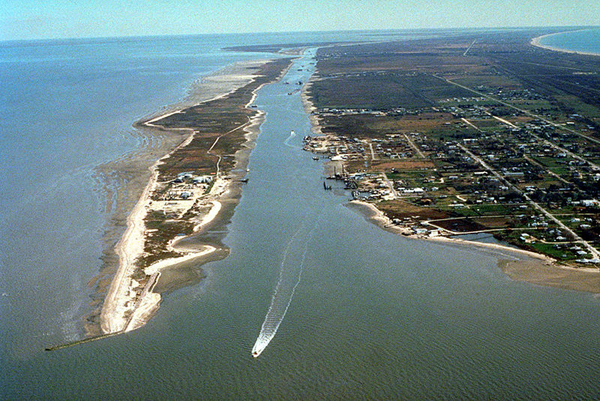- South Texas Students Meet Accordion Music Icons Los Tigres Del Norte In Edinburg Thanks To Khs America/Hohner Alianza Académica Initiative
- Fragile Planet Offers a Nighttime Wildlife Experience
- Falcons Soccer Off & Running
- Cameron County Receives Funds to Improve Two Parks
- Falcons Complete First Half of 32-6A
- School District to Help out Victims of California Wildfires
- Sand Castle Days Continued Despite Unexpected Weather
- Ready for District
- Discussion of Garbage Dumpster Rates, Agreements Between State & City on Highway Regulations, and More
- 31st Annual Shrimp Cook-Off is Right Around the Corner
Texas Projects Key in Gulf Coast Oil Spill Restoration
- Updated: December 19, 2014
by John Michaelson/TNS
AUSTIN, Texas – As Texas and the Gulf Coast move toward what likely will be the largest ecosystem restoration project in U.S. history, a new report details what it calls the most important priorities in recovering from the massive oil-spill disaster of 2010.
The recommendations come from the National Wildlife Federation. David Muth, director of the federation’s Gulf Restoration Program, said the focus is on projects that would benefit all five Gulf Coast states.

A number of projects along the Texas Gulf Coast are being recommended as top priorities for restoration from the effects of the 2010 BP oil spill disaster. Photo: U.S. Army Corps of Engineers/Flickr.
“That’s truly key,” he said. “What are the projects that really make an effect beyond the immediate area of the project? Which projects actually achieve the goals of the RESTORE Act, which is comprehensive ecosystem restoration?”
The recommendations also emphasize restoring the places where rivers and other surface waters flow into the Gulf of Mexico, to restore the balance of salt and freshwater. That includes the estuaries along the Texas coastline, which Muth called some of the most important natural habitats in the world.
“Estuaries serve as spawning, nursery and feeding grounds for nearly all the species of fish and seafood we like to catch and eat,” he said. “They also provide essential habitat for many species of birds, mammals, reptiles, waterfowl and much of the game fish that we catch.”
With increased pressure on water resources in Texas from farming and a growing population, Ryan Fikes, a staff scientist for the program, noted that these efforts, even in times of drought, could help keep the water flowing in the bays of Galveston, Matagorda and San Antonio.
“Many rivers have been dammed or, kind of more typically, water diverted for use in cities or for agriculture,” he said. “So, the National Wildlife Federation is pursuing options around purchasing water rights and water rights acquisition in several key watersheds.”
Earlier this fall, BP was found “grossly negligent” for the Deepwater Horizon disaster. The trial to determine how much the company will be fined for violating the Clean Water Act is scheduled to begin next month. The total could approach $18 billion, most of which will go to restoration funding.
More information is online at nwf.org.
